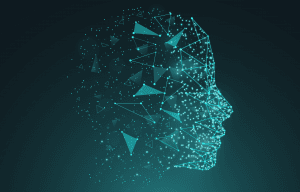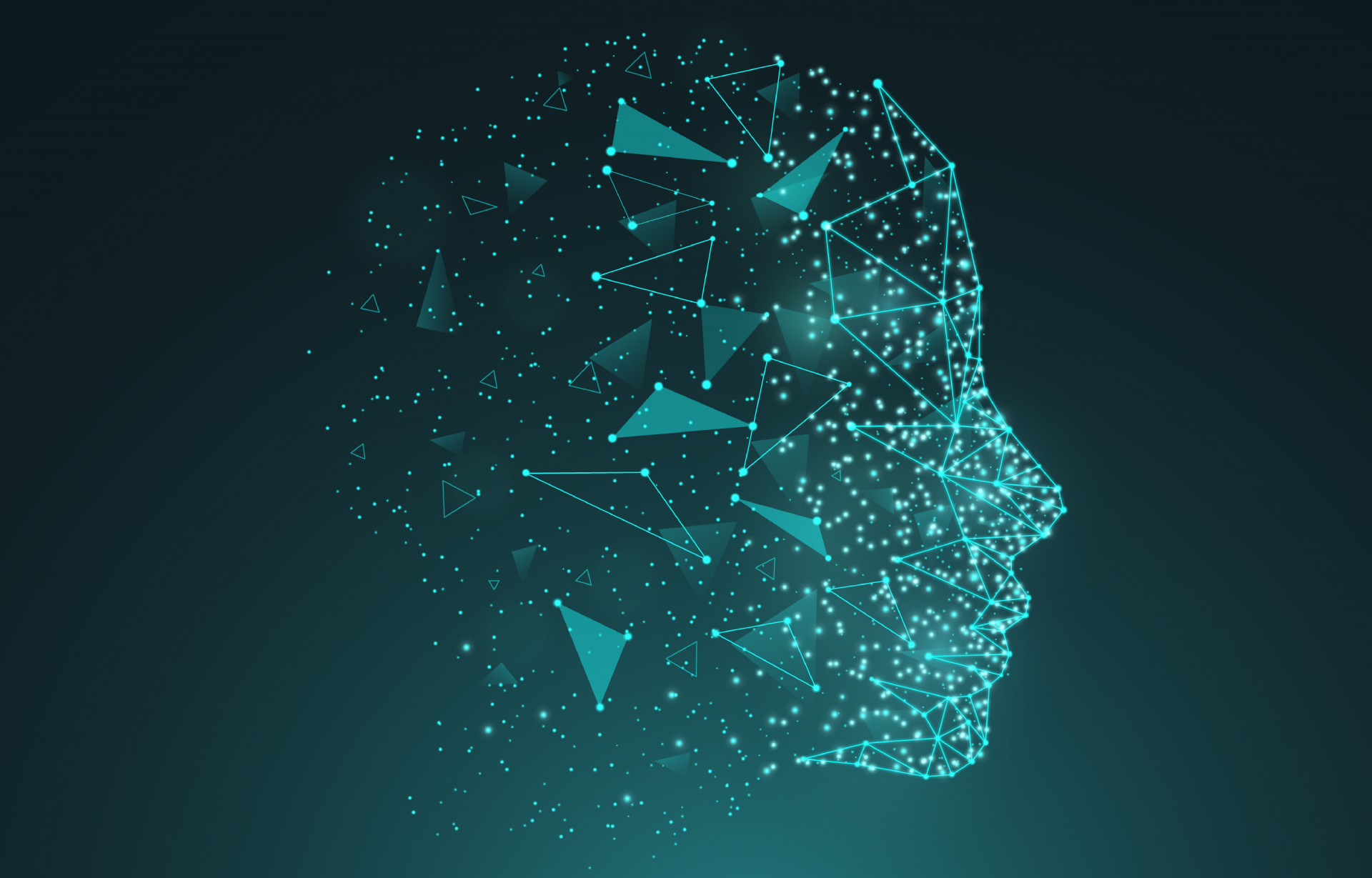
Artificial Intelligence (AI) has become increasingly popular in recent years, but it’s been around since the 1950s, however, the technology wasn’t powerful enough to utilise than. AI is now being integrated into hundreds of industrial and consumer items. AI has also changed and will continue to change the Electronic industry, with changes on how we design, produce and quality check our products.
AI is the simulations of human decision making and intelligence processed by a machine or computer. AI focuses on 3 cognitive processes, Learning, Reasoning and Self-correction, these processes mean that the AI is always changing and learning from the data collected and the outcomes. The use of AI has changed all our lives and is already in nearly every home in the UK.
AI in your home
AI devices can monitor and change the environment within a home through voice recognition or a smartphone, it can control temperature, lights and other electrical at your request.
AI in your car
AI being used within the car industry has slowly become more advanced with tests of self-driving cars taking place at the moment. This AI uses cameras and senses to understand a situation and make a decision, creating complex simulations with all the many eventualities that take place on the roads.
AI in your pocket
Smartphones are one of the first and most popular mainstream use of AI at the moment, with an AI assistant built-in reacting to the owner’s voice.
AI that’s wearable
Smartwatches aren’t just tracking your data now they also use AI technology to track your wellbeing in case of an emergency. This enables the technology to dial the relevant emergency services with your location, potential saving someone’s life.
AI in manufacturing
AI within the electronics industry is now well established as you can see, but how will it affect the manufacturing part of the industry?
This is still a little unclear, although it is likely that AI will work with production lines and workers to manufacture the products at a quicker and a higher quality rate. For example, a start-up company are currently designing an AI that will optimise a circuit board, meaning that the engineers can take a step back and supervise. The aim of this AI is to cut circuit board design time from weeks to hours depending on the complexity.
Other manufacturing companies are using AI across their production line, by using cameras with the AI technology to spot defects in circuit boards. Many of these defects could have been missed by many humans, this method could also speed up the quality control process.
At Altimex we are always looking at ways to improve our design, manufacturing and products, whether it’s utilising AI or embracing any other new technology. Contact us today if you think we could help with your next electronics design or manufacturing project.


